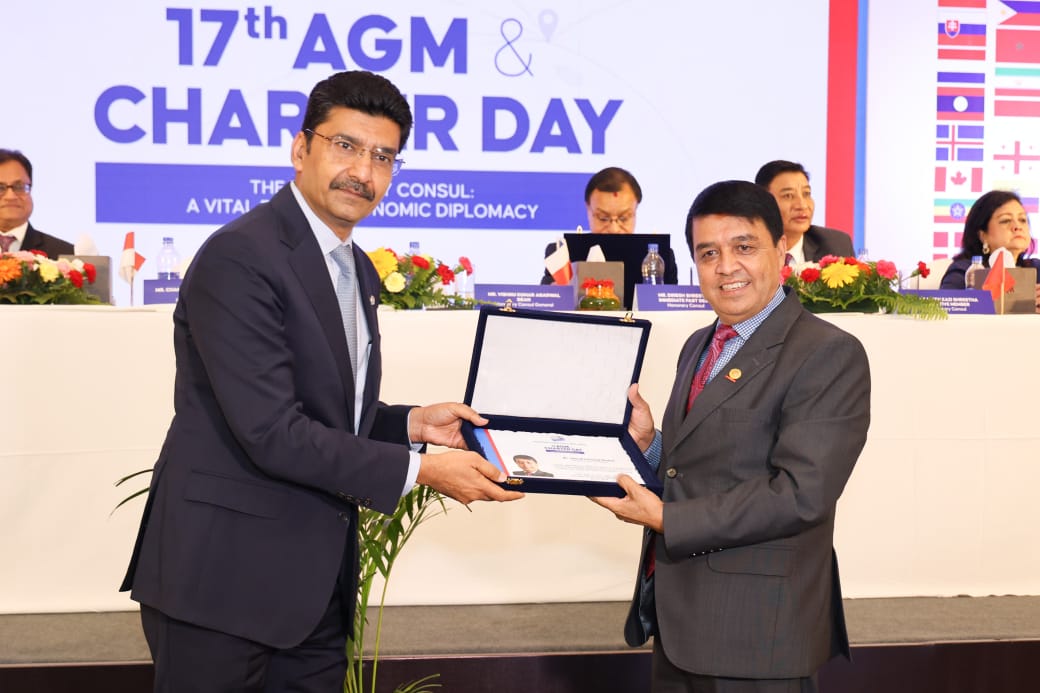Stakeholders question spending capacity vis-a-vis infrastructure projects

KATHMANDU, JUNE 4: After the federal government unveiled the budget for the fiscal year 2024/25, comments from various sections have poured in questioning whether the budget was sufficient for the respective areas and how capable the institutions were in spending the allocated funds.
In this regard, stakeholders at a program noted that although the budget has increased in the infrastructure sector, the government’s spending capacity is in question.
During the discussion on ‘Infrastructure and Construction in Budget’ organized by the Nepal Infrastructures Journalists’ Society yesterday, the speakers said the most worrying problem is the failure to spend the budget on infrastructure projects.
Secretary at the Ministry of Physical Infrastructure and Transport, Gopal Prasad Sigdel, however, said not only the government but also the construction entrepreneurs need to boost their capacities to spend the budget. “We are compelled to visit the Finance Ministry for minor changes in the budget, which is one of the reasons why spending on projects is low. This obligation must end,” he said, demanding authority for the concerned ministry secretaries to amend the plan and programs of the budget.
He further noted that his ministry was responsible for managing around Rs 250 billion. Nearly 95 percent of the ministry’s budget was allocated to the projects prioritized by the ministry. Sigdel announced that construction entrepreneurs would be given awards to encourage increased spending.
Former Secretary of the Nepal Government, Kishor Thapa, expressed doubt that the construction entrepreneurs would receive funds in time, despite the government’s increased budget this year. “With the rise in budget, even the number of projects has increased. The ministry’s weak performance in spending can recur,” he added.
Similarly, another former Secretary, Arjun Jung Thapa, revealed that political pressure and influence were hindrances to proper budget spending. From project planning to budget allocation, there is political pressure, which results in weak implementation, according to him.
“Random allocation of the budget is a nagging problem. The projects that need adequate budget lack it, while others that are not able to spend are piled up with further amounts. The budget is allocated to projects that are not prepared with sufficient study. After some months, the budget is in short supply, resulting in transfers,” he explained.
Similarly, the Chairman of the Nepal Engineers Association, Hari Bahadur Darlami, expressed concern about why mega projects were allocated insufficient budgets.
Chairman of the Nepal Construction Entrepreneurs’ Federation, Rabi Singh, criticized the budget, reasoning that the Finance Minister ignored suggestions from the private sector and businesspersons.
RSS

"There are mixed results in half-yearly budget progress"

Total government spending amounts to Rs. 667.60 billion in 6 months

"There are promising signs of economic recovery"

Finance Minister Paudel directs to meet revenue target

Suspended Chief Secretary Aryal acquitted in corruption case

Dhakal elected HCCN Dean

Price of salt goes up







Feedback